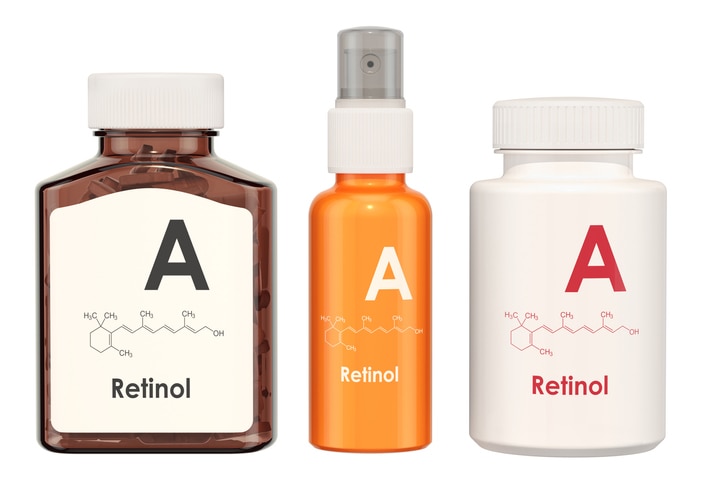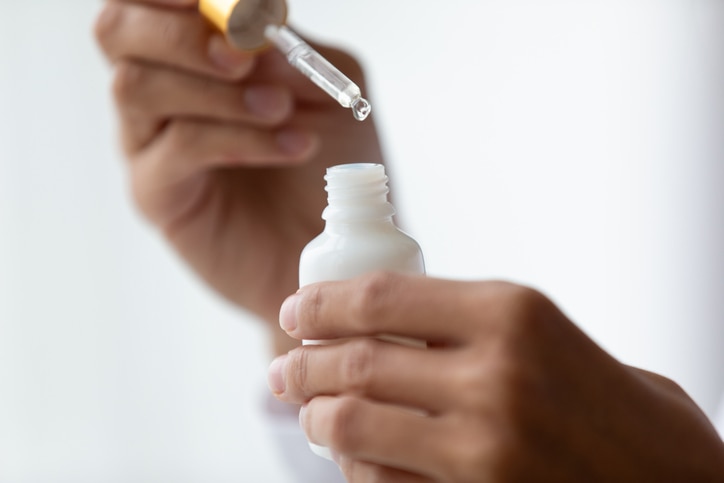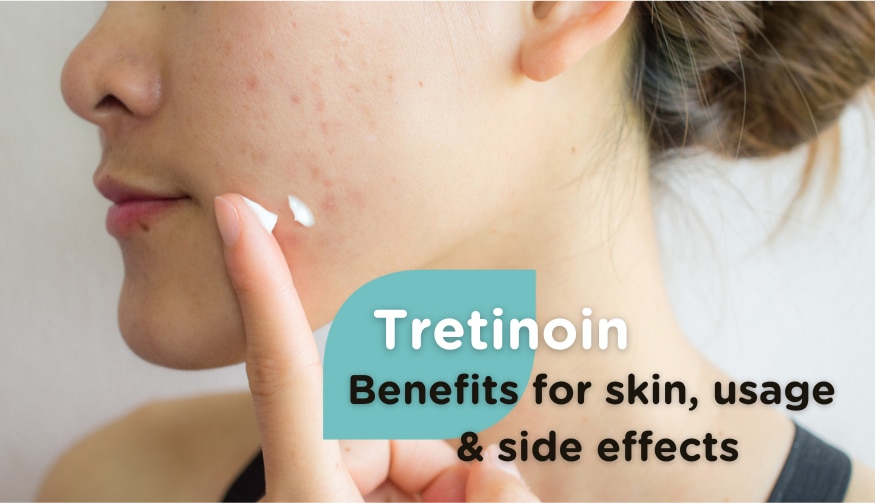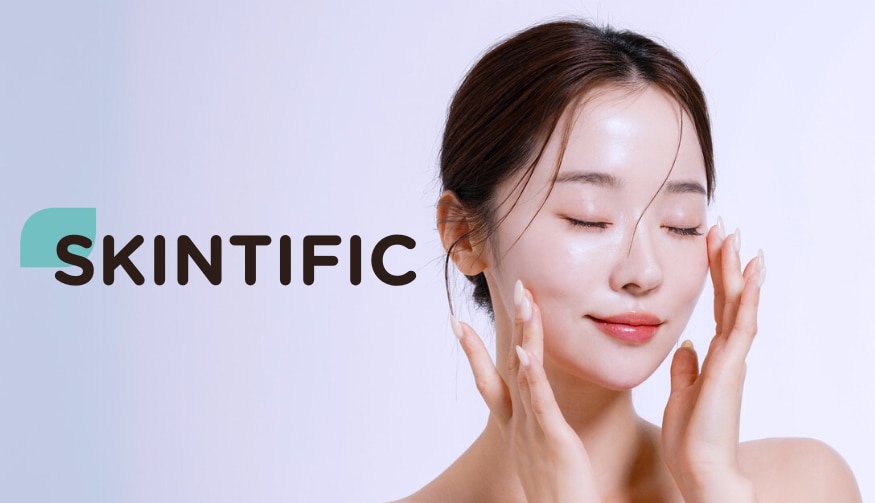Those in the beauty biz (think dermatologists, editors, vloggers) have been raving about retinol for years. Scratch that, decades! But let’s be honest, sometimes all the jargon can be a little bit over our heads. We’ve sorted through the facts and the stats and have translated all the industry lingo so that your skincare regime can start reaping the benefits of this wonder ingredient.
It may hide behind a scary, science-y name but to put it simply, retinol is a form of Vitamin A. Not so scary now, right? Retinol is an ingredient that is used in skincare products (serums, creams) because of its superpower ability to speed up skin cell renewal and enhance collagen production.

Why use Retinol?
So, you’ve heard the hype and want to know why beauty bloggers, facialists and your BFF, cousins, stepsister swears by it?
Well, it’s an anti-aging hero that can significantly improve the appearance of fine lines, sun damage, dark spots, and wrinkles. Not only is it said to reverse the signs of aging after daily use, but it can also act as a preventive measure too.
Studies have shown that using an over-the-counter product with 0.1% retinol (for prolonged, regular use) showed significant improvement to wrinkles, with visible results as early as one month.

How does Retinol work?
Here comes the science lesson. When retinol is applied to the skin it is absorbed, broken down and transformed into retinoic acid. This compound can then impact cell structure (stimulate collagen/cell renewal process).
This conversion process doesn’t happen immediately when you use a skincare product containing retinol, it can sometimes take several applications before it then changes into retinoic acid. For faster, more immediate results you can turn to retinoids, but these are only available on a prescription basis.

OK, so what’s the catch?
Retinol may seem like it ticks every one of your boxes, but it does come with a fair warning. As retinol is quite a potent ingredient, when overused it could cause dryness and irritation. It can also potentially increase the skin’s sensitivity to sunlight, so always finish your routine with an SPF-packed product to counteract this.
And if you have sensitive skin, approach the ingredient with caution. Skincare products can vary between 0.1% retinol up to 1%, so always check the label before use and seek advice if you’re a retinol newbie.
The best way to introduce retinol into your skincare regime is to start with a low concentration until you build up your tolerance bit-by-bit. If you experience any redness or peeling from a higher dose, then limit your retinol usage or lower the concentration.












